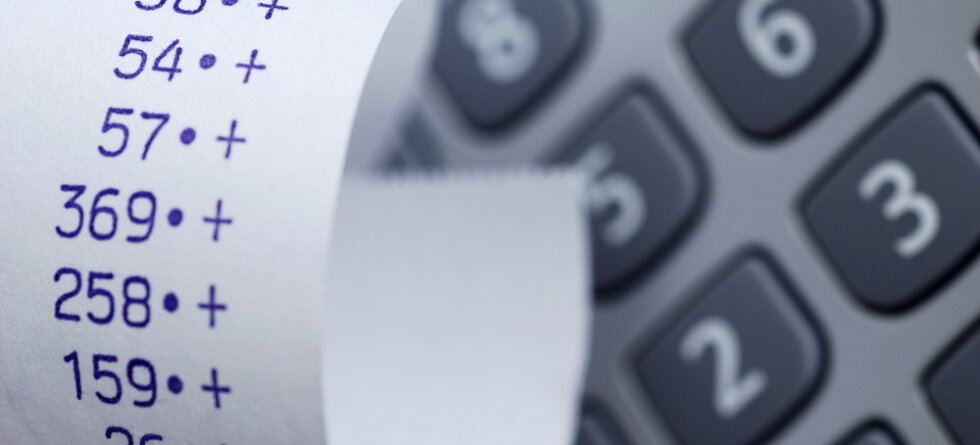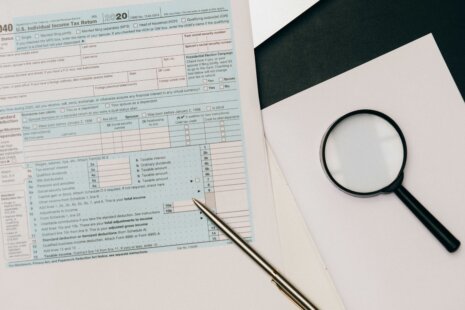While it is possible to claim certain deductions on your tax return without receipts, the ability to do so is limited, and it’s generally advisable to keep accurate records of your expenses. The IRS has specific documentation requirements for various types of deductions, and without proper records, you may face challenges in case of an audit or if the IRS requests documentation.
Here are a few points to consider:
- Standard Deduction:
- If you do not itemize deductions, you may be eligible to take the standard deduction, which is a predetermined amount based on your filing status. The standard deduction is a fixed amount and doesn’t require you to provide receipts for individual expenses.
- Itemized Deductions:
- If you choose to itemize deductions, which involves detailing specific expenses, the IRS may require documentation for certain deductions. Common itemized deductions include medical expenses, state and local taxes, mortgage interest, and charitable contributions.
- Specific Deductions Requiring Documentation:
- Some deductions have strict documentation requirements. For example:
- Charitable Contributions: You typically need written acknowledgment from the charity for donations of $250 or more.
- Business Expenses: Business-related deductions often require documentation, and the IRS may expect you to provide receipts for business-related expenses.
- Some deductions have strict documentation requirements. For example:
- Business Expenses and Self-Employed Individuals:
- If you are self-employed or have business-related expenses, maintaining detailed records is crucial. The IRS may request documentation during an audit, and having records can help substantiate your claims.
- Recordkeeping Recommendations:
- While receipts are not always required, it’s a good practice to maintain records such as bank statements, credit card statements, canceled checks, and invoices to support your deductions. Digital copies may also be acceptable.
- IRS Audit Risk:
- Without proper documentation, you may face challenges in the event of an IRS audit. The burden of proof falls on the taxpayer to substantiate the claimed deductions.
- Conservative Approach:
- To minimize the risk of complications, taking a conservative approach by keeping detailed records is advisable. This is particularly important for significant expenses and deductions.
Always check the latest IRS guidelines, as tax regulations can change. While you may not need to submit receipts with your tax return, the IRS may request documentation during an audit or review. It’s in your best interest to keep accurate and organized records to support the deductions you claim on your tax return. Consult with a tax professional for personalized advice based on your specific situation.




